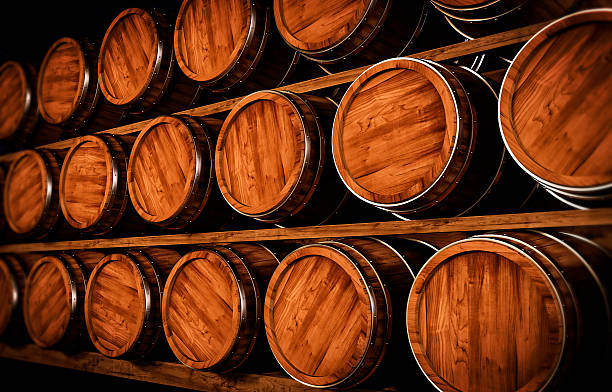Would it be fair to say that wine is the most remarkable elixir of the Alco-bev world? It may provoke comment, but one fact will go uncontested; that it has inspired, pushed and nudged other spirits to be better, added oomph and character to them. In a time where every drink is trying to reimagine, think out-of-the-box, reinvent, and offer the unprecedented to awe and delight patrons, ageing in wine barrels is the most relevant move. Surprisingly, this is spilling over from whiskies to agave spirits, brandies, to even coffee now. Why wines? Well, nature designed it as such; it is the only all-natural elixir. Also, it grows on its own, even in the most unforgiving terrains. And once the fruit ripens, it ferments to create alcohol by itself, soliciting no human intervention. Pairing food with wine wasn’t a luxury; it was the only way to survive—eat and quaff it down with wine. No wonder the ancients submitted to the higher wisdom of In vino veritas—in wine, there is truth and also insiration, apparetly.
THE REST BEFORE RELEASE
As far as whiskies are concerned, cask finishing has always been around, and now it’s the flag bearer of the rapidly changing whisky scene. Remember whenever you read labels like Sherry, PX, Maderia casks, Port Pipes, and the like, you’re picking up a wine cask finish. Cask-finishing is essentially moving a fully matured whisky in a used cask (that once held another alcoholic beverage) for a few months before its release. It allows the spirit to pick up nuances that it couldn’t have developed on its own. It also gives distillers the opportunity to play with their output whilst retaining the distillery’s signature style. Paul John, India’s most awarded single malt distillers do a fabulous job at this with their famed PX and Oloroso variants. They age their whiskies for over three years, and finish it for a period longer than usual for more robust results. Michael Dsouza – Master Distiller believes that the additional character that wine casks add is a ready solution to the depleting interest in age-statement whiskies of 18-21-25 years. “Consumers demand whiskies that can be relished sooner, yet have a different twang. Whisky distillers’ goals are also shifting towards creating something different. Since a lot of whisky giants also own wineries, this cross exposure comes naturally”. And with that comes premiumisation. Drinkers across the globe are paying more for these cask-finished whiskies, even deeming them collectibles. Should it be inspiration?
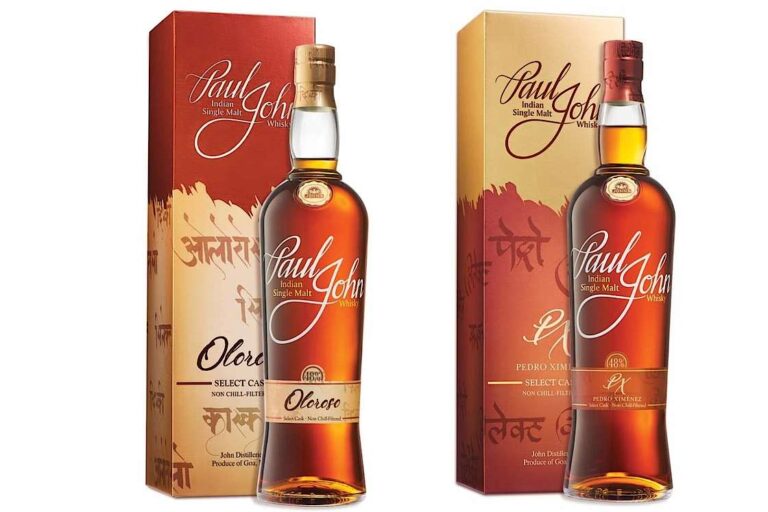
PUSHING THE ENVELOPE
Adding a sweet affectation to a whisky, long considered a man’s drink, is also helping make it gender neutral. Glenmorangie’s Nectar d’Or is aged in Sauternes casks, the coveted, delectable, dessert wine from France. Glenfiddich, often known to push the envelope, produced a limited release Winter Storm that was aged in the legendary winery, Pellar Estate’s iconic ice wine casks. Set to disrupt the scene, their precious 21-year-old single malt met with the elegant, suave, and delish Canadian icewine. “The aim wasn’t to make a sweet whisky, but to excite the scene, do the unthinkable”, adds Angad Gandhi, Glenfiddich’s Brand Ambassador in India. “Currently more than half the whisky makers are toying with wine casks in one form or the other. Characteristics delivered by a wine cask are unparalleled. It won’t be incorrect to assume that wine casks are the way forward. For instance, Winter Storm was sold out not in days or months, but a matter of hours. It’s a very clear indication of the consumers’ readiness”, he adds.
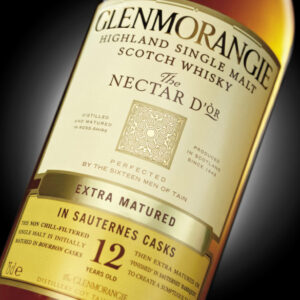
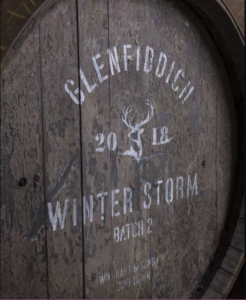
METAXA - A SPIRIT BEYOND DEFINITIONS
Alcohol has always provoked socio-cultural change. Traditionally, après dinner drinks never really took off in India since we usually drink before our meals, seldom with, and definitely none afterwards. That probably accounts for why brandies and dessert wines have enjoyed limited success in the country. However, an iconic 130+ year old Greek label is altering that one drink at a time. Metaxa puts together an aged Greek brandy with a local sticky Muscat dessert wine, along with some herbs and rose petals to create a proposition that fits into no set boxes. What was once a medicinal endeavour is now changing the way generations drink and when. Although this has been popular abroad over a dozen decades or so, India has been slow to the party, and is only befriending the trend now. “The sweetness and balanced acidity of the Muscat wine gives Metaxa a smooth and fruity taste without making it overly sweet, and when combined with fine wine distillates and herb extracts, it creates a unique organoleptic experience”, explains Constantinos Raptis, Metaxa Master.
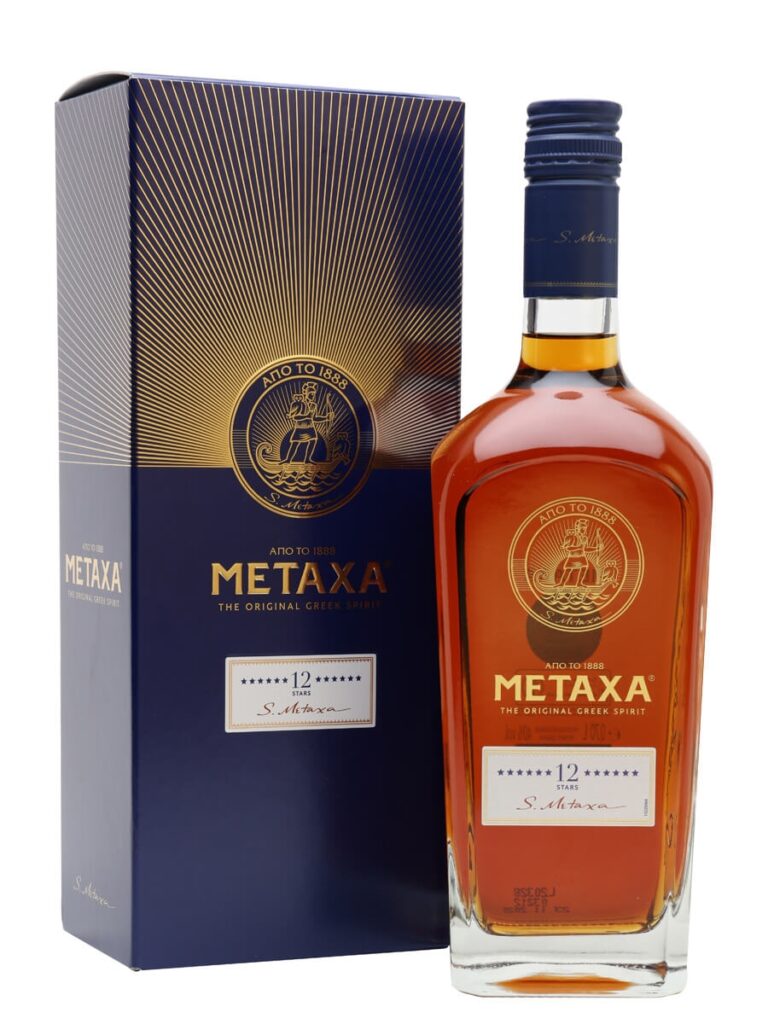
WHERE INDIAN AGAVE MET INDIAN VINO
India’s romance with Tequilas has been a longstanding one. Now Rakshay Dhariwal is single-handedly putting India on the world map by making converts of agave drinkers. Pistola Agavepura too couldn’t stay away from the trend. KRSMA Wines, sole winemakers in the UNESCO World Heritage Site tagged Hampi Hills, produce commendable, cult-worthy Cabernet Sauvignon. Dhariwal scored a few barrels from their cellars and aged his nectar in it for two months to create the pink-hued Rosa and Rosa Select, the latter being an exquisite single-barrel rendition. Borrowing a page or two from the playbooks of rum and other spirits, agave-crafters have been looking to wine for inspiration. Calirosa has been a leader, ageing their distillates in Californian barrels; El Mayor ages their Reposado in ex-Chardonnay French casks; Cava de Oro tops at it with their Extra Anejo aged in French red wine casks for seven years! “We put our distillate in their French oak, 225 litre, ex- Cabernet casks and the product was a stunner. We might try the same with ex-Sherry casks now,” confesses Dhariwal. “Wine is vast, well-accepted, and a premium beverage, and agave naturally does really well with them. It gets little tannic, fruity, attains depth, broadens the spectrum, and the hue is amazing. Most importantly, it adds a level of spice, vegetal, and red fruit notes which not only work well with agave, but it’s something no other barrel can deliver.”
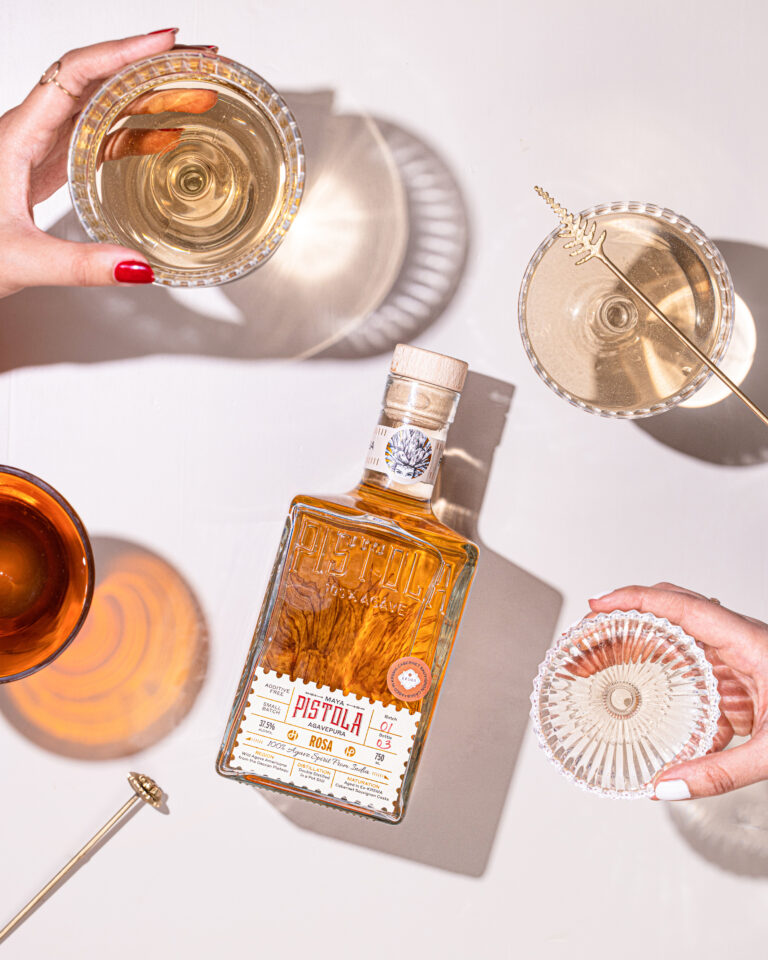
BEYOND CASK FINISHING
Red wine barrels have also reserved their space at distilleries. The burgeoning market for Indian single malts are now going past cask finishing. For instance, Indri Single Malt rests their distillates in ex-Bordeaux casks for the better part of a decade. “Through this, Indri offers something different. The dark and red fruit tones, hints of pepper, and honeyed sweetness lends a unique profile and texture to the liquid”, explains Prabhkaran Hundal, GM Sales & Marketing at the brand. Whiskies are a quirky proposition in India where consumers are annoyingly brand loyal and seldom venture beyond familiar labels. However, there’s been an interesting change over the past years: “Consumers now do understand and appreciate the use of different barrels and what uniqueness it lends to the liquid, to a certain extent. But this patronage is limited to the few who are well travelled and have learned to experiment”, adds Hundal. For instance, as sommelier, I can imagine the value that a Tempranillo’s Crianza can add to a rather astute whisky, bringing in a nerve of refreshing citrus, breaking the monotony of overt concentration from years of ageing, a burst of ripe red fruits, and a cola playfulness. All this from simply letting the two marry for a couple of months. This exchange hasn’t been one way, wines are being also being aged in whisky barrels now. Jacob’s Creek’s Double Barrel Shiraz, Agitator’s Bourbon Barrel Cabernet Sauvignon are just a few examples.
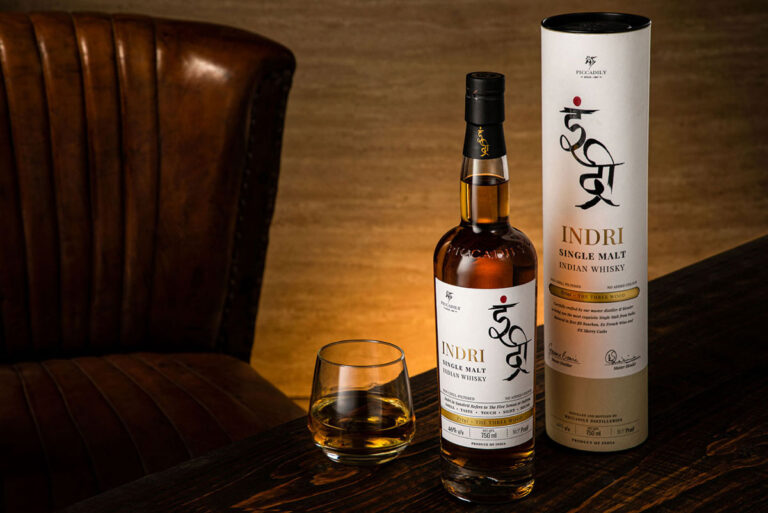
TO SOBER PURSUITS
Sula Vineyards have enjoyed an interesting tryst with Paul & Mike chocolate and then with Blue Tokai coffee roasters to create some sober pursuits as well. The barrels in which they rest their best produce— Rasa Shiraz, Rasa Zinfandel and Dindori Shiraz—were put to good use. Once the wine was racked out, they were filled with 100 kilos of beans and xinterim. These were then roasted and shipped out as a limited release batch. The legendary winemaker Robert Mondavi reportedly believed morning coffee needed cream, sugar, and a generous splash of red wine. Sula and Blue Tokai have made it happen for their domestic audience. “The tannic grip, spicy lift, and an undeniable burst of red fruits made the coffee simply un- putdownable”, says Gregoire Verdin, Brand Ambassador, Sula Vineyards. And now we hear more roasters are being added to the lineup. For the most civilised drink that’s helped forge our civilisation, there’s a lot more that wines can still contribute. Like the Avengers, it’s only adding more to its brigade, empowering them further, and keeping patrons enticed, and excited for the next one. Much like other drinks need wines to up their offerings, wine needs them to break their monotony as well. And in this happy marriage, we the drinkers are the biggest gainers.
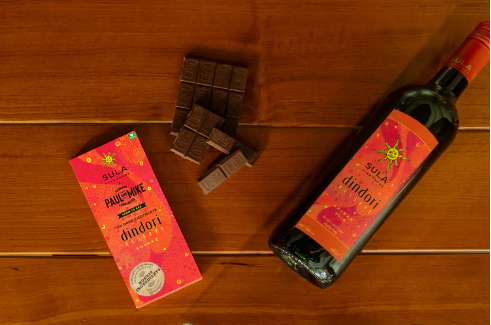
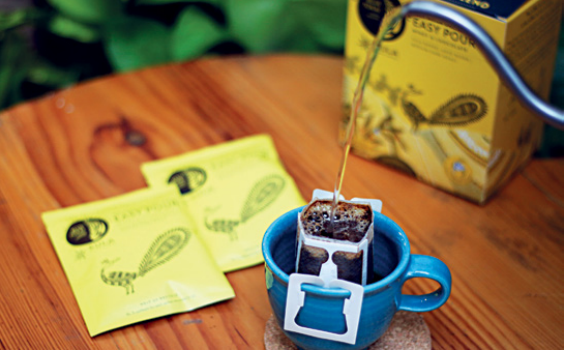
First published on India Today Spice, December 2022

